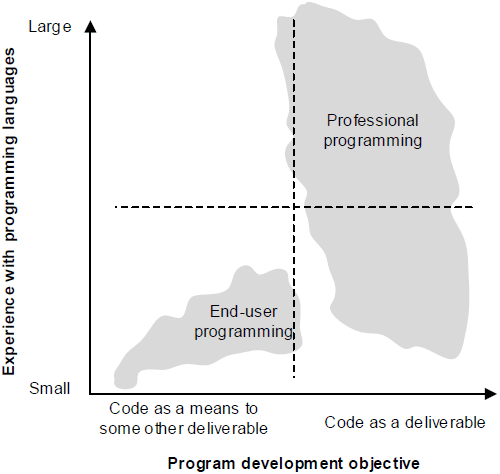Authors
Marton Sakal, Lazar Rakovic, & Vuk Vukovic
Abstract
Faced with similar challenges as professional software engineers, end-user developers respond to them in a substantially different manner: their actions are characterized by a lack of the application of a systematical, disciplined, measurable approach to development, management and maintenance of end-user developed software.
The reason for this lies not only in the absence of formal ICT education, professional knowledge and skills (which is a determining characteristic of end-user developers), but also the motives they are driven by for end-user development.
Focusing on spreadsheets as the most used platform of end-user development that is typically taught at business schools (but also educational institutions of other provenance), this paper looks into the characteristics, advantages and disadvantages of end-user software engineering in the context of the possibility of introducing these into the syllabus of business oriented higher education institutions.
Sample

Whereas professional programmers predominantly develop software for others, end-user programmers do it for themselves, and less frequently for their peers, bearing in mind the tasks that need to be solved quickly and efficiently by the software.
Publication
2016, Conference on Education and New Learning Technologies
